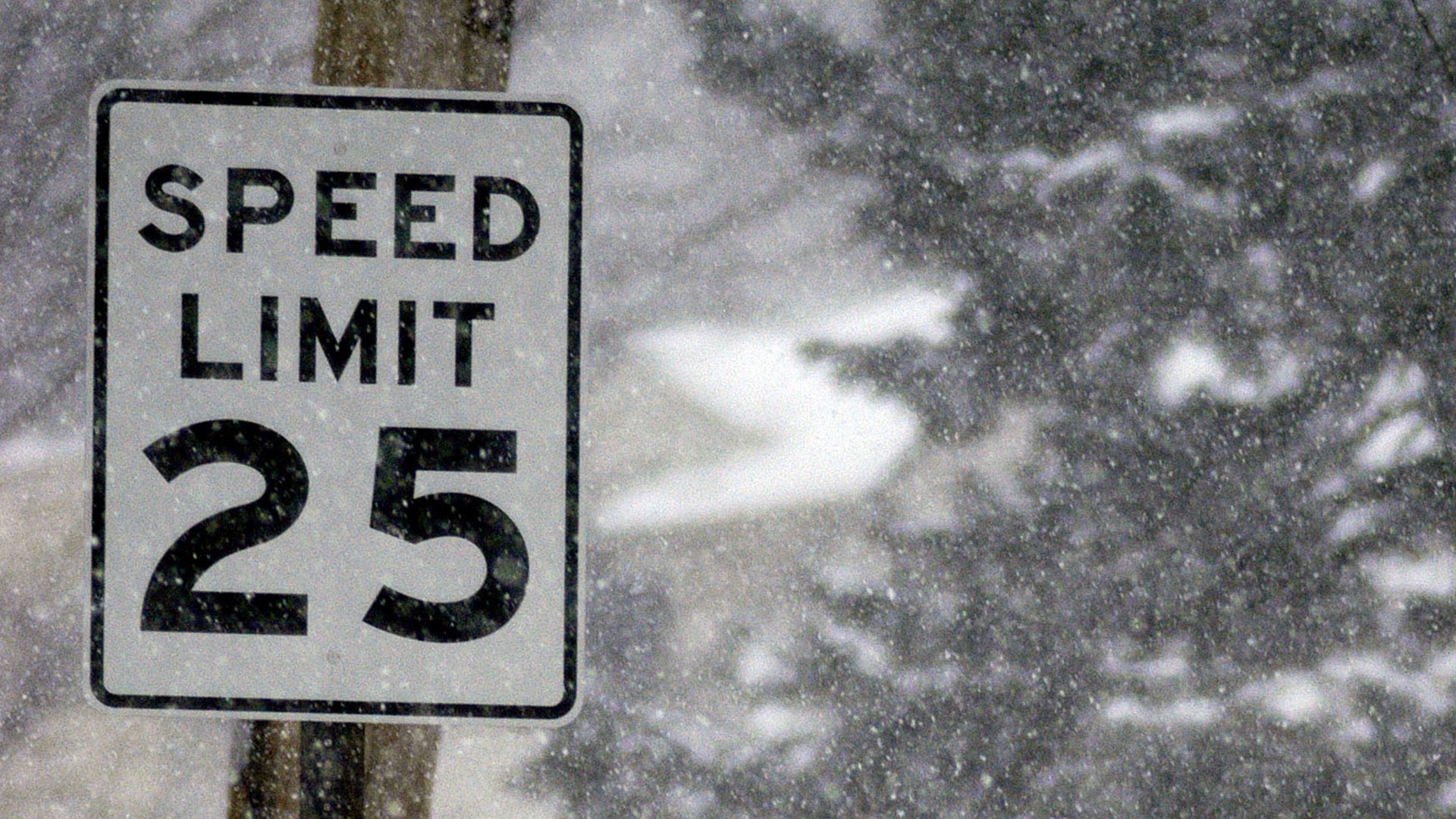

On February 13, The Drive wrote about a lawsuit against an Alabama city for its use of speed-trap cameras in which the complaint was, effectively, “Hey, you can’t just change the laws around speeding tickets because it suits your cash-grab.” One day later, an Ohio judge came to pretty much the same conclusion—and slapped New Miami, Ohio, with an order to repay $3,066,523 worth of tickets issued through the use of speed cameras.
New Miami, Ohio, is less than a square mile in size, with a population of just 2,249 people, according to the last U.S. census. And yet, thanks to an arrangement with camera-maker Blue Line Solutions (BLS), it’s become a speeding-ticket cash cow. The arrangement between New Miami and BLS calls for the company to provide the town with free cameras, provided they are operated for a minimum of 100 hours per month—each. These cameras are mostly set up, according to the ruling, on U.S. 127, a major north-south highway that runs through New Miami. For every dollar in speeding-ticket revenue generated, New Miami keeps 65 percent, while BLS takes the rest.
‘Insurance Companies Would Not Know the Conduct of the Drivers They Cover’
However, Village of New Miami Council Ordinance 1991 shows that “the small Butler County village created its own speeding law in 1991, allowing the village to charge speeding violations under a civil ordinance instead of under the state’s uniform traffic statute,” as reported by TechDirt. Under the ordinance, “drivers caught speeding in New Miami would not be subjected to the state’s point system, which would suspend a driver who accrued 12 point violations in a two year period. As a result, insurance companies would not know the conduct of the drivers they cover.”
Basically, drivers would get a $95 civil fine in the mail with no notice to their insurance, cutting both the insurance companies and the justice system out of the loop—which, according to Butler County Court of Common Pleas Judge Michael A. Oster Jr., is a bit of a legal no-no:
“If the government has created an unconstitutional law/ordinance that has taken people’s money without affording them the necessary due process protections, should not justice demand, and the law require, restitution of that money to the people? …. Once the complexities of the law are analyzed, the answer is simple: Yes.”
Judge Michael A. Oster Jr.
BLS, it should be noted, will not be opening its wallet, as the camera maker had no say in how their cameras were used. New Miami, in other words, is about to write a very large check…or, rather, a very large number of small checks.